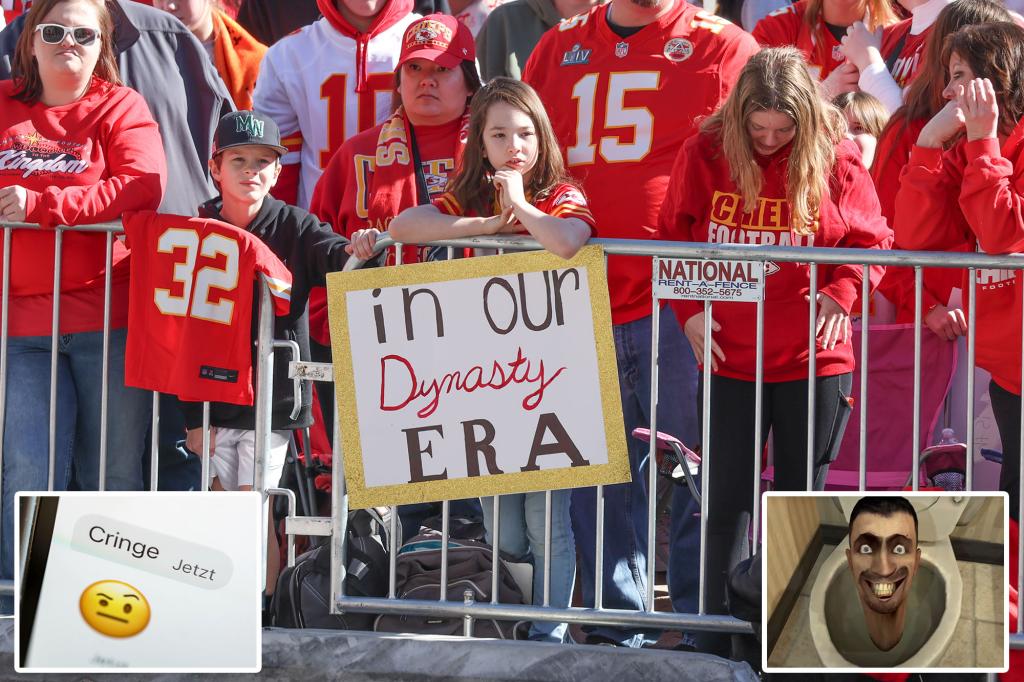Lake Superior State University’s annual Banished Words List, a tradition spanning nearly five decades, serves as a linguistic barometer, gauging the public’s fatigue with overused, misused, or simply unnecessary words and phrases. The 2025 edition, compiled from submissions worldwide, reflects a global exasperation with certain terms that have permeated everyday conversation, often to the point of losing their original meaning or becoming irritatingly ubiquitous. This year’s list encompasses a range of offenders, from internet slang and trendy expressions to seemingly innocuous words that have been stretched beyond their semantic limits. The universality of these nominations highlights the shared struggle with evolving language and the desire for clarity and authenticity in communication.
Leading the charge for banishment is the word “cringe,” a term ironically now evoking the very reaction it describes. Its overuse has diluted its impact, transforming it from a descriptor of awkwardness to a catch-all expression of disapproval. Similarly, “game changer,” once reserved for truly revolutionary innovations, has become so liberally applied that it has lost all meaning. The inflation of this term diminishes the significance of genuine breakthroughs, rendering it a tired cliché rather than a meaningful accolade. The word “era,” propelled into overuse by Taylor Swift’s tour, has also earned its place on the list. Its application to every minor life event trivializes the concept of historical periods, reducing them to fleeting trends rather than significant chapters.
The word “dropped,” commonly used to announce the release of music, movies, or products, has also fallen victim to overexposure. Once considered edgy and cool, it now feels stale and predictable, failing to generate the intended excitement. Similarly, the abbreviation “IYKYK” (if you know, you know), exemplifies the cryptic and exclusionary nature of some internet slang. Its vagueness fosters an in-group mentality, prioritizing insider knowledge over clear communication. The phrase “sorry not sorry,” a seemingly contradictory expression, is criticized for its disingenuousness, masking a lack of genuine remorse with a veneer of bold honesty.
“Skibidi,” originating from a popular YouTube series and meme, represents a generational divide in language. While resonant with younger audiences, it remains largely unintelligible to older generations, perceived as mere noise rather than meaningful communication. The overuse of “100%” has also drawn criticism for its inflexibility, leaving no room for nuance or doubt. Its application to conversational agreement is seen as illogical, blurring the lines between quantitative measurement and qualitative expression. “Utilize,” a frequent offender on the Banished Words List, exemplifies the tendency towards unnecessarily verbose language. Its simpler counterpart, “use,” serves the same purpose with greater conciseness and clarity.
Finally, the ubiquitous “period,” used to emphatically punctuate a statement, has reached a point of saturation. Its overuse has transformed it from a tool of emphasis to a verbal tic, undermining its intended impact. These banished words and phrases represent a collective effort to refine and revitalize language, purging it of tired clichés and meaningless jargon. The list serves as a reminder of the power of words and the importance of using them thoughtfully and effectively. By identifying and discarding these linguistic offenders, we can strive for clearer, more concise, and ultimately more meaningful communication. The ongoing evolution of language necessitates such periodic purges, ensuring that our words retain their impact and accurately reflect our intentions.













